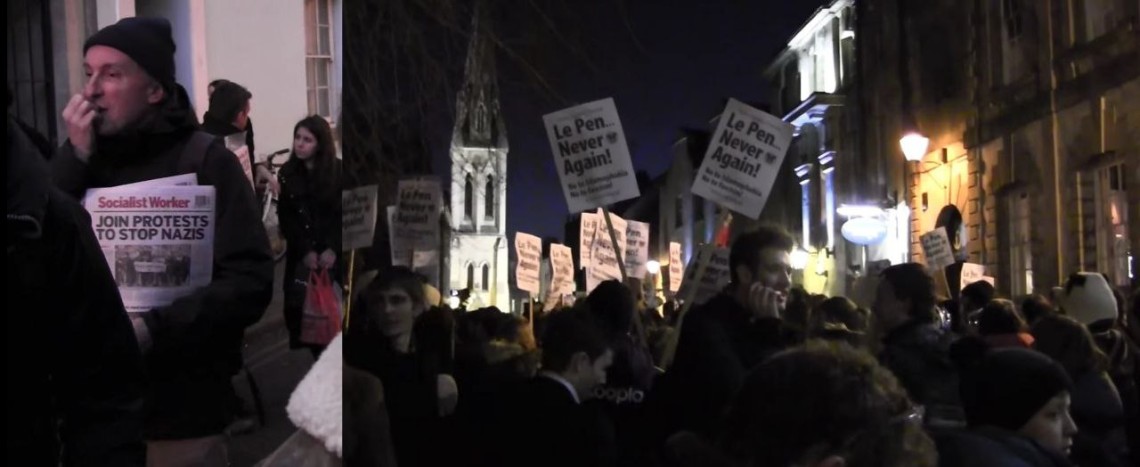A Rare Win For The Forces Of Reaction? The Higher Education (Freedom of Speech) Bill
by TBG

In a (potential) rare win for the prospects of right-wing political insurgency, the Higher Education (Freedom of Speech) Bill has been passed in the House of Lords, 729 (!) days and three Prime Ministers after its first reading in the Commons. If it doesn't receive Royal Assent this week though, it may become null, due to the inordinate length of time it took. (Government press release).
The key sticking point that saw the Bill ping-pong around Parliament, was over the creation of a tort (a harm that can be progressed against another in the civil courts) if someone's rights to free speech were impeded within higher education. The compromise found was that this can only now be undertaken after the complaints procedures have been exhausted, although each infraction could cost the university up to £180,000.
It appears that the basis on which these "ideas and opinions" have been protected are to be legally reliant on the Human Rights Act (i.e. the ECHR transposed into British law) rather than on a more British-based foundation. Both the ECHR and the HRA have historically been less inclined to protect speech they determined as 'hate speech.' This also applies to the Equality Act. Various opinions have been deemed unprotected on the basis that they are not “worthy of respect in a democratic society,” conflicted with human dignity, didn't uphold the rights of others, or were not clearly formulated enough.
In the Act under discussion, Higher Education Providers (HEPs) must protect the right to 'free speech' and they must ensure that traditionally far-leftist student unions also uphold this. These rights apply to students, employees of the university, and also those invited to address these other groups.
An ethnic minority professor of Cambridge, Arif Ahmed, has been appointed as the effective ombudsman, the "Director of Free Speech and Academic Freedom to the Office for Students (OfS)" who will be able to impose fines. How this might work if his own institution was under threat is not clear.
A complainant also has the right to seek justice under the previously discussed tort in the County Courts. The right to penalise student unions is not in Ahmed's OfS remit, so cases based upon this may now have to proceed through the civil courts. Whether this law is retroactive in any way, i.e. if it may now be applied to the many contemporaneous and earlier victims of arbitrary university or student union agitation, is also not yet clear to us.
Another serious issue is that by diminishing the power of universities to curb ideas they don't like, this will encourage greater pushback from (the most often) far-Left activists who take their well-funded protest caravan along to stop individuals and talks. 'No Platform' will move away from procedural censorship in backrooms to street thuggery. This will directly pit universities against groups like the Socialist 'Workers' Party and their front group 'Stand Up To Racism'. A group who were recently out in force at Drag Story Hour shows, protecting one form of deviant expression, whilst trying to deny it to others under the cry of 'fascism'.
Perhaps the government's recent (worrying) Public Order Act regulating the right to protest, might be used to mediate these competing forces. If so this may have negative consequences for public speech and protest more widely, whether intentionally or not.
Attention should now, therefore, be focused upon the ability to also fine such non-academic rabble-rousing organisations who, through the fig-leaf of 'civil disobedience' attack and prevent people from going about their legal business. Why do we allow groups to vandalise property, attack individuals, and cause wanton disruption to people's lives under a banner of legitimate 'protest'? The right to protest should never include the right to disrupt, damage or make serious threats to others.
If this glaring issue is ignored then the costs of private security protection will be passed from universities to students, and taxpayers will be subsidising police protection and suffering from a drop in their other duties. Those causing mayhem and intimidation would continue to get away with this scott-free.